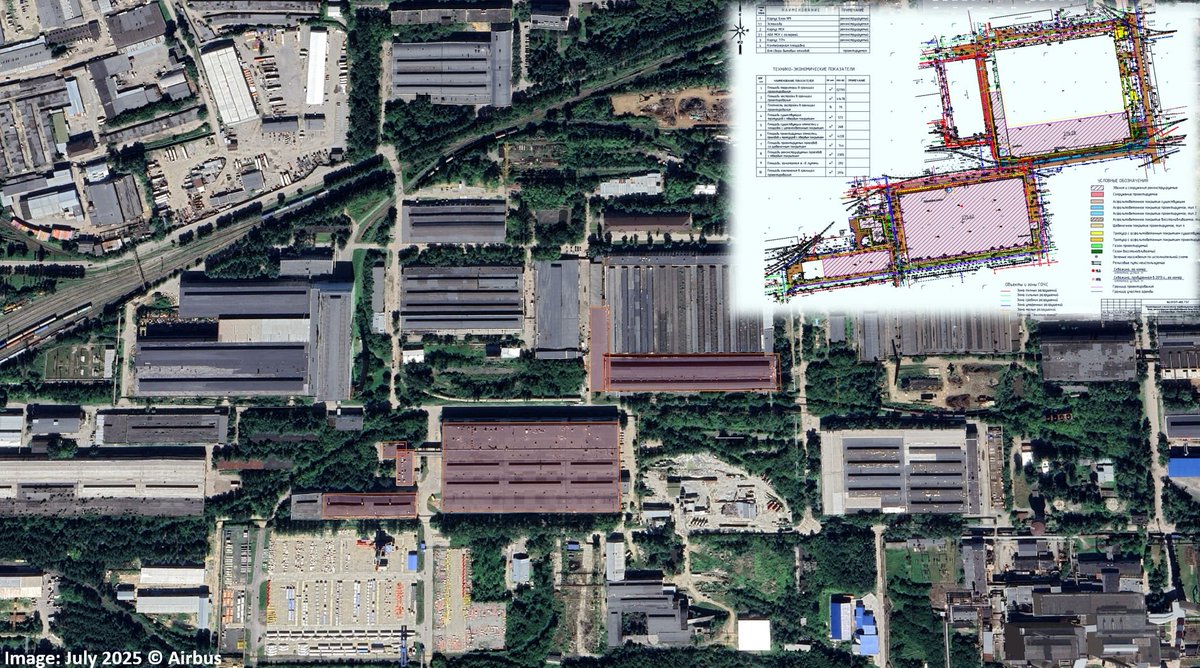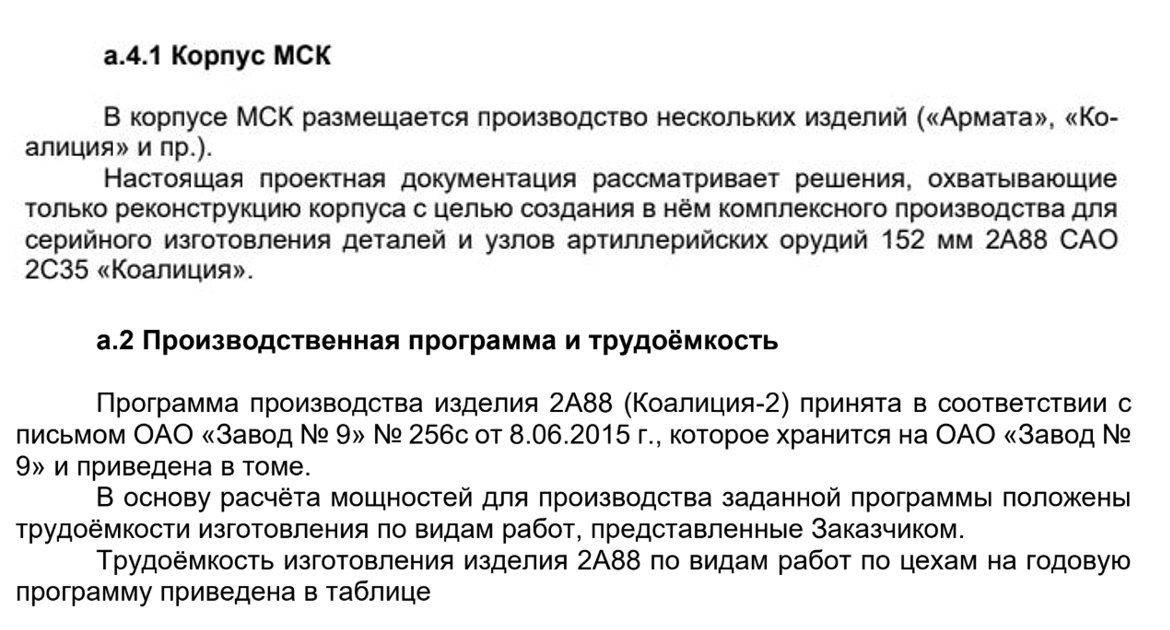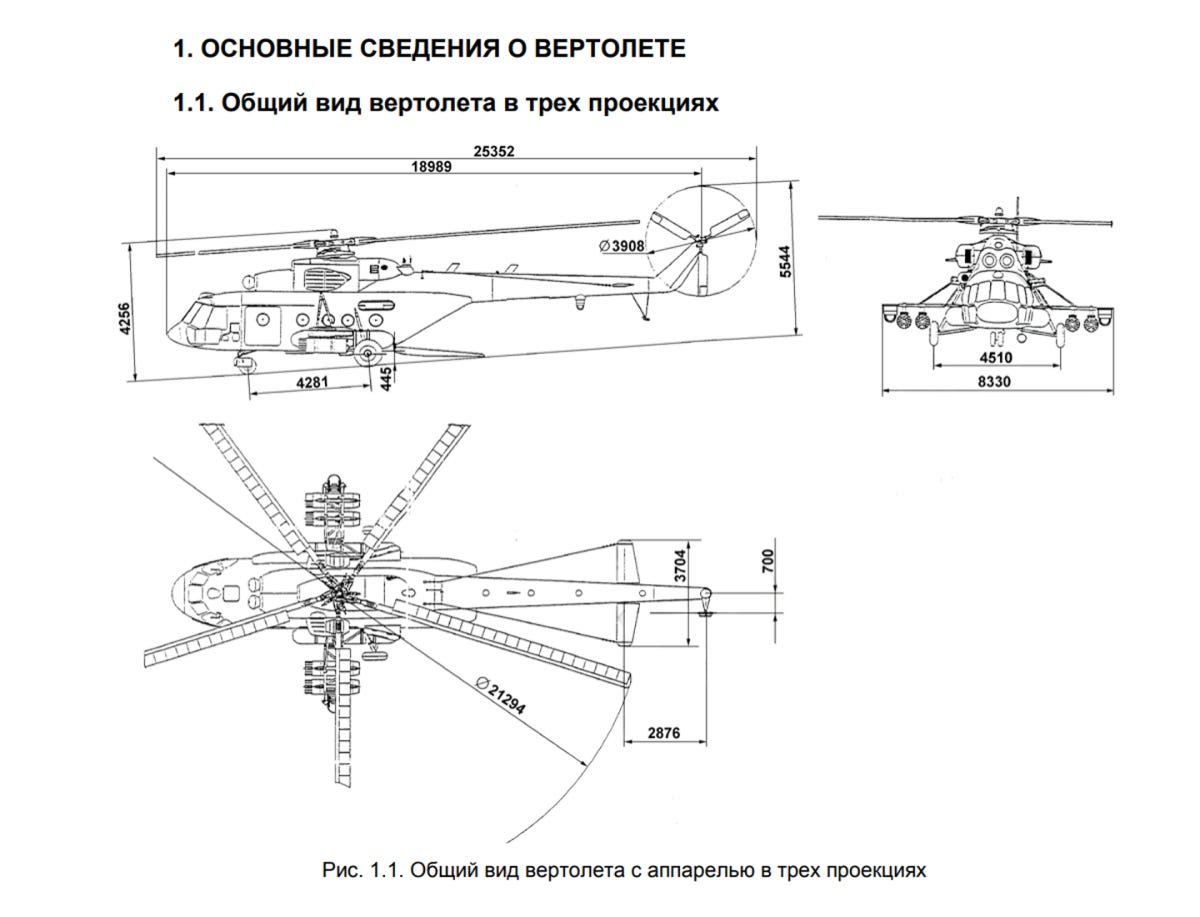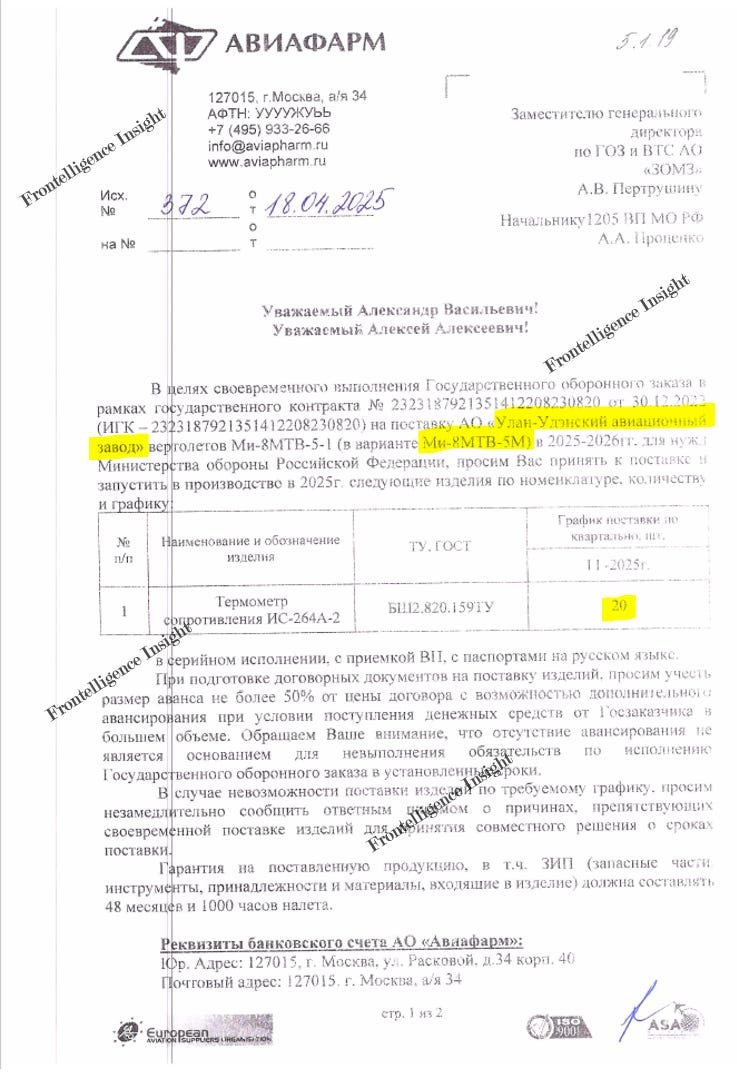Almost every day, we hear about strikes against targets inside Russia, but we rarely get the full picture of their actual impact on the war. Radio Liberty and Frontelligence Insight have joined efforts to analyze hundreds of data points to answer this question.
🧵Thread
🧵Thread

2/ Our research covered the period from September 2024 to February 2025, divided into two sections: strikes on military targets, infrastructure, and on the energy sector. We found that strikes on Russia’s energy sector caused at least $658 million in damage over ~6 months
3/ The real damage to the Russian energy sector and the economy as a whole may be higher. In at least 67 out of 100 cases, Ukrainian strikes were successful, while in another 33 cases the result of the attacks remains unknown or it is impossible to prove Ukraine's involvement. 

4/ The highest number of successful strikes against targets inside Russia was recorded in November 2024. The analysis is almost entirely based on the impacts verified by the @GeoConfirmed service. The actual number of impacts for the specified period may be higher. 

5/ Ukrainian drones and missiles most frequently struck targets 100-150 km away, with slightly fewer strikes at 150-200 km and 50-100 km. This suggests most strikes target areas near the Russian-Ukrainian border or front line. 

6/ September 2024 stands out as the most successful month, marked by direct hits on some of Russia’s largest ammunition depots in its western regions: key stockpiles that had sustained frontline operations since 2022. Notably, strategic depots in Toropets and Tikhoretsk 

7/ Tikhoretsk Ammunition Depot, in particular, became a key storage hub for North Korean artillery ammunition deliveries starting in 2023. Its infrastructure, like most major Soviet-era ammunition depots, was specifically designed with a rail connection 

8/ The destruction of the Toropets depot alone is estimated to have resulted in the loss of 30,000 to 160,000 tons of munitions, dealing a tangible blow to Russian logistics and frontline supply chains. 

9/ Using our evaluation model and analyzing each target with satellite imagery, available photo and video footage, and other documentary data, we determined that more than half of the recorded strikes between September and February had limited impact 

10/ Intelligence and response times have significantly improved compared to previous years. For example, Ukraine struck a Shahed drone storage/launch site near Oryol shortly after it opened in December. Construction of the site began in August 2024 and was completed by December.
11/ An analysis of Damage Rating shows that over half of recorded strikes on military facilities and infrastructure caused moderate to low damage. One likely factor, as our team assumes, is the relatively small warhead size of certain Ukrainian drones used in these attacks 

12/ By 2024, Russian forces were far more adapted than in 2022, when they assumed Ukraine had little capability to strike beyond artillery range. With the introduction of longer-range weapons like HIMARS and Scalp/Storm Shadow, they adjusted, reducing the number of easy targets 

13/ Regarding the destruction and damage of oil and energy infrastructure such as oil tanks, Ukrainian strikes over the past six months have destroyed 50 reservoirs and damaged another 47 

14/ In most cases, both destroyed tanks and visibly damaged storage facilities were never repaired. The only exception is a tank damaged in the January attack on the port of Ust-Luga. The roof of the RVS-30,000, which sustained minor damage, was repaired within a month 

15/ The largest strike on an oil storage facility in terms of total damage occurred on October 7 in Feodosia (annexed Crimea), where 11 tanks with a total volume of 69,000 cubic meters were destroyed. Our estimates suggest the maximum monetary damage could exceed $37.5 million. 

16/ If we consider all damaged storage facilities—excluding the rebuilt one—as destroyed, the total damage increases significantly, according to our calculations. Experts suggest that attacks on refineries, rather than strikes on oil depots, cause the most damage to the economy 

17/ Based on our calculations, the upper limit of direct damage to the Russian economy from Ukrainian strikes over the period is estimated at a conservative $658 million. However, Russia's total revenue from oil exports in 2024 was estimated by the IEA at $189 billion
18/ While the number of Ukrainian strikes in these six months is not enough to turn the tide of the war in Ukraine's favor, the frequency and success rate of strikes are much higher than in 2022 and 2023. War is a nonlinear process and 6 months of observations can be insufficient
19/ Thank you for reading this thread. You can find the full version on our website, which includes a much more detailed analysis, along with methodology, data, expert opinions, and additional details
frontelligence.substack.com/p/melting-the-…
frontelligence.substack.com/p/melting-the-…
20/ Please consider donating to support our project, as we operate without external funding, allowing us to publish independently. Since we don't have sponsors, you can support us by donating via the BuyMeACoffee service
buymeacoffee.com/frontelligence
buymeacoffee.com/frontelligence
21/ I would like to separately thank the @Geoconfirmed team for providing verified data, @kromark for provided satellite images and analysis, and the many experts who gave their expert opinions, including @KofmanMichael
22/ We would also like to note that RFEL journalist @legal0ve, who worked with us and did an amazing job, is open to job proposals from other news agencies, considering the recent budget cuts that have affected the work of Radio Liberty @RFERL
23/ Thank you again for reading. Please don't forget to like and share the first message of the thread to help with the algorithms
• • •
Missing some Tweet in this thread? You can try to
force a refresh















